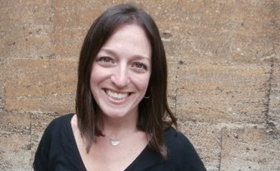
Building a new town, city or district is about so much more than constructing buildings.
It should be about creating an inspiring community that provides for its very first residents and visitors, as well as those in years to come.
To achieve this, developers should ensure a new place is governed by the highest standards of quality and design, supporting sustainable growth and championing environmental responsibility. This all contributes to a place’s longevity and makes sure it benefits the wider area.
Eddington is a new £1bn community being built by the University of Cambridge with the long-term aim of driving regional economic growth by providing affordable homes for the university’s key workers including academic, research and support staff, enabling it to maintain its status as a leading global academic institution. The 150 ha site will eventually provide 1,500 affordable homes for university and college staff, 2,000 postgraduate student bed spaces, 100,000 sq m (1,076,391 sq ft) of research facilities and 1,500 private homes for sale. Today, Eddington has around 500 residents and will continue to grow until all the buildings are completed and fully occupied in 2030.
Putting the community first
One challenge for the university was meeting its own demand for key worker housing, student rooms and research space while creating a seamless extension to the city of Cambridge with facilities and amenities for everyone to enjoy. The team wanted to help to make Eddington feel like a part of Cambridge and a desirable place to live, work and visit. The university’s investment in placemaking from the outset also helps to create quality and value across the site. These principles have guided the university in selecting partners for the delivery of the first phase and will continue for later phases.
Part of this was about making Eddington a destination for residents and visitors, with the aim of it feeling like a natural neighbourhood of Cambridge in time. By putting vital infrastructure in place as the first residents moved in, including a primary school, supermarket and community centre, new residents are able to come together with existing residents to engage in the new community, helping them feel part of Eddington, and Cambridge as a whole. This meant a substantial initial investment but it was important that Eddington worked right from the start.
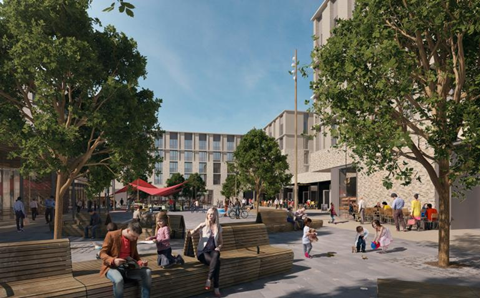
It was critical, for example, for the University of Cambridge Primary School to open early, in advance of the first homes being completed, to both address a local undersupply of school places and to ensure families moving in were able to enroll locally. When the community and performing arts centre opens in 2018, its varied programme is set to attract audiences from the whole region.
Public art installations around the site and projects to get local children involved help foster a sense of identity at Eddington and raise awareness of this new part of the city. Embracing creativity and the arts allows locals to learn about the history of the area, the natural world around them and the importance of sustainability. Additionally, 50 ha of open spaces, sports pitches and cycle paths encourage visitors and residents to engage with their environment and give them the chance to live an active lifestyle.
Surrounding communities were included in the Eddington planning from an early stage and a community group was established seven years before the first residents moved in. It continues to meet quarterly and helps influence the direction the development takes. Open Eddington, held on 9 September this year, was an on-site open day and welcomed wider Cambridge to the new community, showcasing Eddington’s ethos to all.
Planning for longevity
Another challenge of creating a new place is making sure it provides for the needs of future generations without exploiting the natural environment. This was at the forefront of Eddington’s masterplan and the result is a community that sets a new standard in sustainable living.
A site-wide sustainable urban drainage system includes the largest rainwater recycling system in the country and a district heating system is powered from an energy centre. Residents are learning how to live more sustainably and an underground waste storage system situated on the streets ensures bins are only collected when they are full – and their position in the public realm means residents are more conscientious in their waste disposal habits.
Eddington is a working example of the creation of a totally new district and establishment of a sense of place through the careful planning, design and construction of new homes and facilities. This investment, thought and long-term stewardship creates value and opportunity for the people who live, work and socialise at Eddington, as well as for the university, the city and the region.
























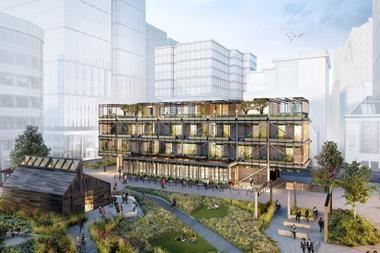
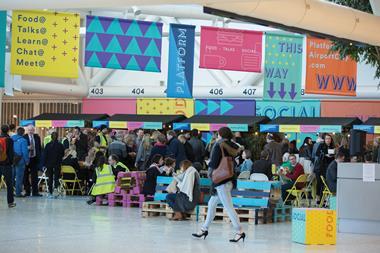
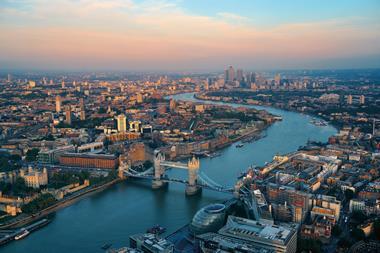



No comments yet